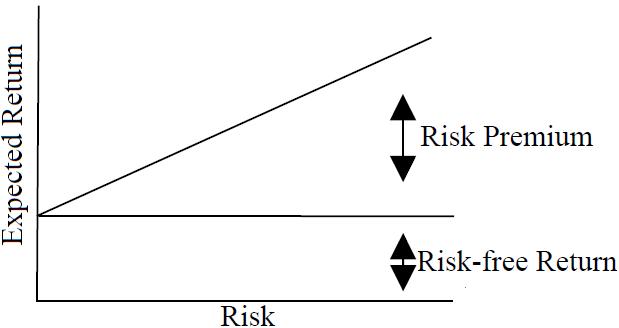Why conflict of interest between owners and management?
The control of the modern corporation is frequently placed in the hands of professional non-owner managers. We have seen that the goal of the financial manager should be to maximize the wealth of the owners of the firm and given them decision-making authority to manage the firm. Technically, any manager who owns less than 100 percent of the firm is to some degree an agent of the other owners. In theory, most financial managers would agree with the goal of owner wealth maximization. In practice, however, managers are also concerned with their personal wealth, job security, and fringe benefits, such as country club memberships, limousines, and posh offices, all provided at company expense.… Read the rest



